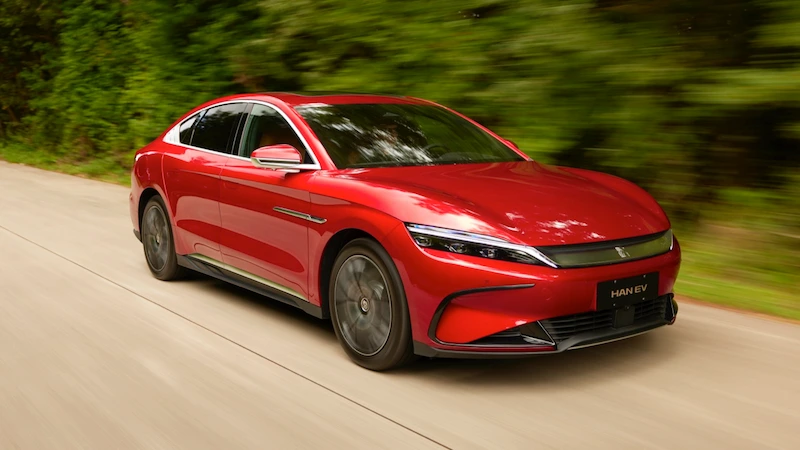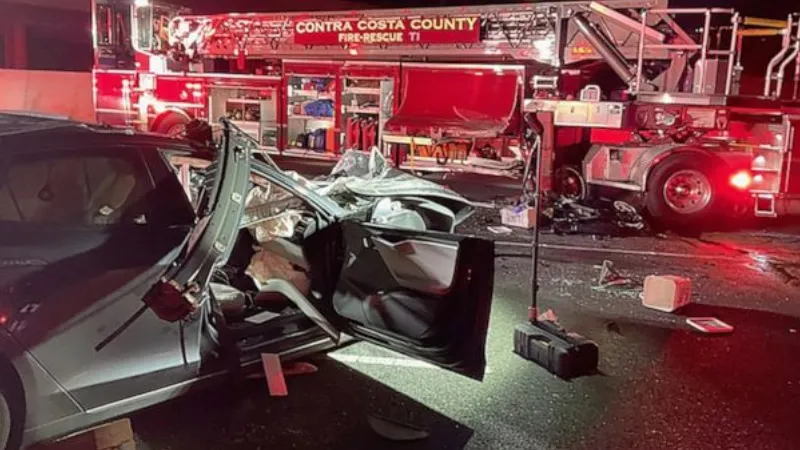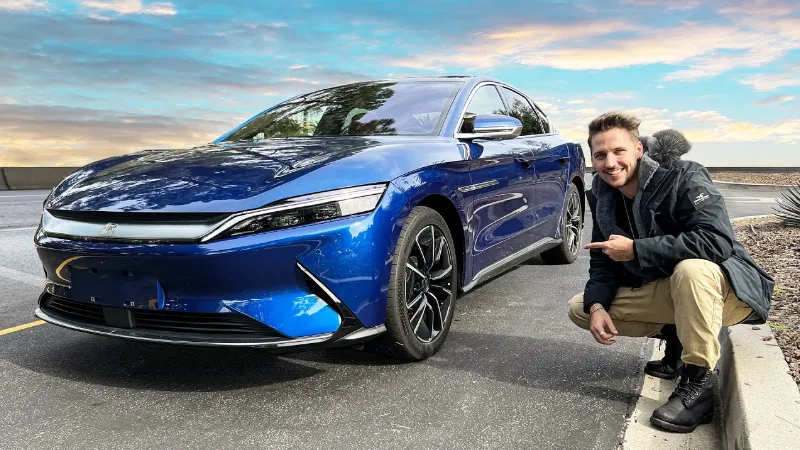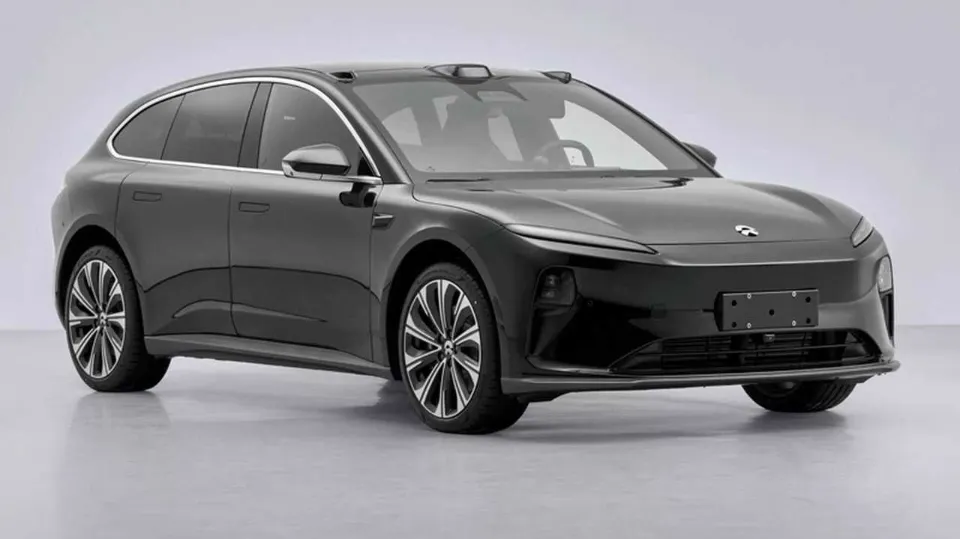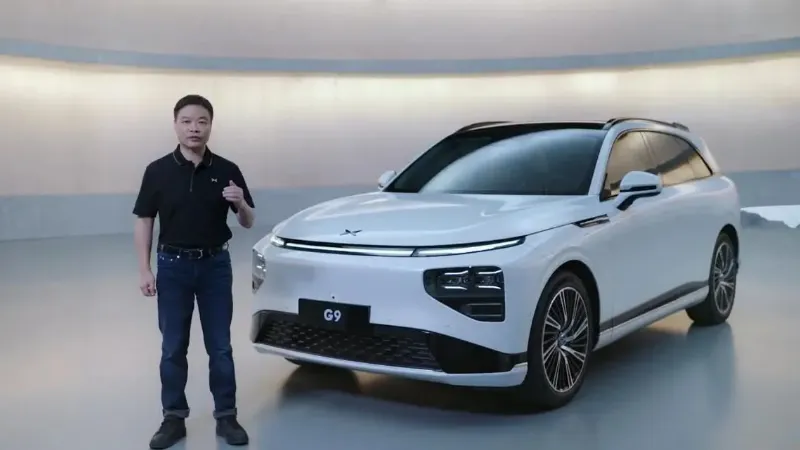BYD, a massive Chinese manufacturer of electric vehicles, is currently stuck in the slow lane on Tesla’s home ground despite its aggressive global expansion to take on Tesla.
The biggest EV manufacturer in China, BYD, has not fully disclosed its global aspirations to the public, but four sources familiar with the company’s management’s thinking said that a concerted global push has replaced all others as its most crucial strategic priority.
Besides a drive into some European markets already underway, BYD spent a significant portion of last year conducting research on how to establish a U.S. distribution network for its latest electric models, two of the sources said.
They called the study “advanced and serious,” with specific recommendations from the Detroit consulting firm Urban Science on the number of outlets BYD would require in each state and city, as well as the formats for the brick-and-mortar stores.
The momentum was building toward an announcement at this year’s global CES tech show in Las Vegas, where BYD intended to display a new line of battery electric cars and plug-in hybrids for the American market., a BYD official said.
The announcement never materialized.
Tense relations between Washington and Beijing, anti-China sentiment in the United States and President Joe Biden’s move to prioritize home-grown production of EVs and batteries all pushed BYD to press the pause button, according to one of the sources.
An aggressive U.S. government has pushed for BYD’s management to approve the project in full. expansion remains unlikely for the foreseeable future, the source said.
“BYD is approaching the United States with caution.,” the person said. “Consider the entire US.-Consider the current political unrest in China and then the absurdity of the entire world. Avoid diving headfirst into a major mess.”
BYD’s U.S. project was complicated by the Biden administration’s Inflation Reduction Act, which imposes rules on where to source battery materials and disqualifies EVs produced outside North America for a $7,500 purchase rebate.
“Who would begin selling cars with a $7,500 disadvantage?” said another of the sources.
For this report, BYD declined to comment.
U-turn
BYD, which stands for Build Your Dreams, was the world’s biggest seller of BEVs and plug-in hybrids in 2022 with a total of 1.86 million sales — the vast majority in China, with 1.3 million overall, and far more than Tesla.
Although BYD is planning to quickly increase sales both domestically and abroad after increasing its BEV sales by 184% in 2022 compared to the prior year, the Chinese company is still nearly 400,000 fully electric vehicle sales behind Tesla.
Undoubtedly, BYD is not the only Chinese auto manufacturer that has restrained American business. ambitions because of the geopolitical backdrop and moves by Biden will encourage domestic production.
Chinese battery giant CATL has slowed its planning for investment in battery plants in the IRA rules on sourcing materials have raised concerns in the United States and Mexico that they will increase the price of materials.
A U.S. company called HAAH Motors Holdings attempted to import vehicles made by the government-owned Chery Automobile of China and developed plans for a U.S. factory that would bring jobs to America.
But the two pulled the plug in 2021 when Due to worries about U.S., as executives put it, HAAH was unable to raise enough money to proceed. tariffs and trade tensions.
With a factory in Lancaster, California, BYD has been producing electric buses in the US for years, supplying cities like Los Angeles and Long Beach., built a decade ago.
However, according to two of the sources, BYD’s executives, including Chairman Wang Chuanfu, were aware just five years ago that their EVs were not prepared for the international market due to issues with quality and other factors.
Since then, they’ve made a U-turn.
Leveraging its latest range of electric vehicles such as the With the help of the Han sedan and the Tang crossover, BYD has quickly seized the lead in China and begun to expand abroad, first into Norway in 2021 and then into Australia, Britain, Brazil, Costa Rica, Germany, Japan, Mexico, and Singapore.
BYD is banking on lower costs than most rivals to eventually overtake the world’s biggest carmaker — Japan’s Toyota Motor Corp. — as EVs become the preferred form of transportation.
Vertical integration
According to two of the sources, BYD, which is supported by Berkshire Hathaway and owned by Warren Buffett, is aiming for more than 3 million car and light truck sales annually globally in the medium term.
Requests for comment about sales targets were not answered by BYD.
Although the majority of sales would still take place in China, global consultancy LMC Automotive thinks it is feasible to sell more than 3 million vehicles by the year 2030.
According to LMC, BYD’s sales aspirations are credible because it can provide a full lineup of competitively priced, globally appealing full EVs in both mainstream and premium markets.
BYD’s 10th largest shareholder as of the first quarter of 2022, Yuanhao Capital Management founder Zhang Wei, thinks the company’s prospects should be even more promising.
According to him, BYD should be able to sell 10 million vehicles annually by the early 2030s and the 3 million target would be achievable by about 2025.
Zhang, who started amassing a sizeable stake in BYD around 2015, told Reuters he likes the company because its chairman has built the kind of vertically integrated, cost-competitive electric carmaker Elon Musk is still working to accomplish.
Contrary to many of its rivals, BYD can satisfy the majority of its battery and EV system needs on its own. It manufactures its own batteries, semiconductors, including the power-management chips that are essential parts of EVs, and sources key battery materials from its mines in China, according to Zhang.
“Almost every component of a car, excluding the windshield and tires, can be made by them. They assist in the construction of factories through their own construction company. That’s how they can speed things up,” he said. “In the EV era, I believe BYD is currently in a better position than Tesla.”
According to two Toyota officials who work closely with Toyota’s joint R&D center in Shenzhen with BYD, BYD’s product development costs are 20–30% lower than those at the Japanese automaker.
“The high level of vertical integration in its battery supply chain gives it a clear cost advantage over similar carmakers, an enabler for rapid expansion both within and outside of China,” Al Bedwell, an analyst at LMC, said.
Even so, BYD will probably concentrate on the United States even though it is currently approaching the country cautiously. market in the longer term, the sources said.
“America is going to be a key, key part of this global push strategy,” one said.
This guide will go over how to wash a car at home and some frequently asked questions about best practices for washing cars in order to assist you in keeping your car clean.

